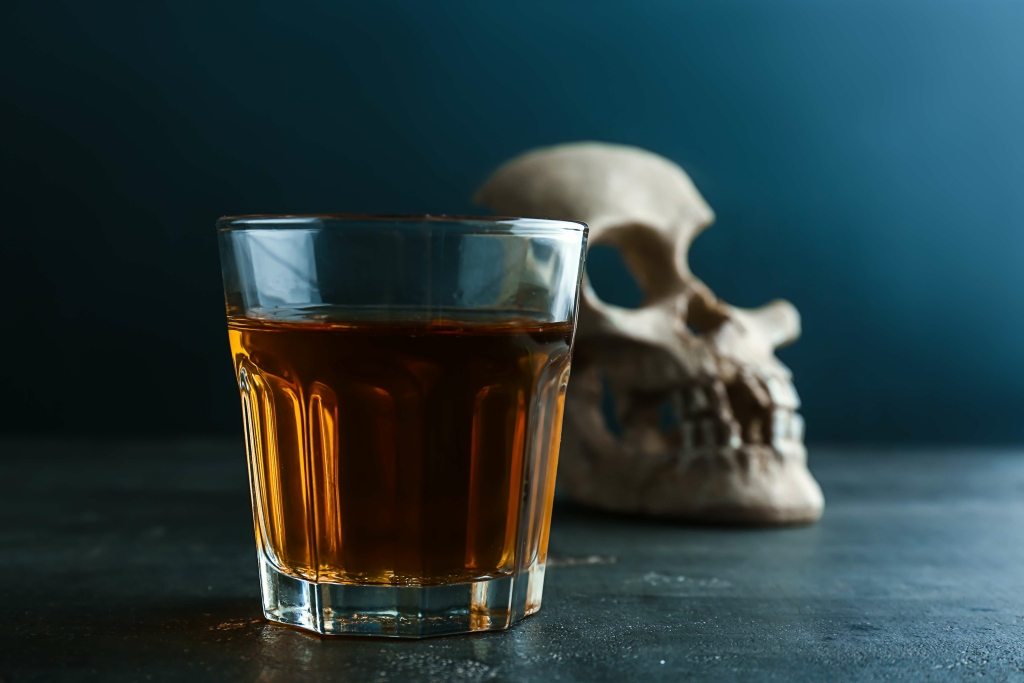Content
Some states provide treatment like rehab programs on a first-come, first-serve basis. Other states may base treatment options on the individual’s health condition and need for treatment. Be knowledgeable about your state’s eligibility and treatment options since there could be a waiting list, which can be a couple of weeks or even months. These may include group counseling or other outpatient services to help prevent people from relapsing while they wait for treatment. All three of these therapies have demonstrated their effectiveness. Psychologists can also diagnose and treat these “co-occurring” psychological conditions.

Aside from their professional treatment plan, your loved one will need support from you and their family to continue on the path to recovery. Sustaining an unhealthy alcohol addiction can be very expensive, and this may lead a person with AUD to engage in dangerous behaviors to keep purchasing alcohol. They may always be short on money, pawn valuables, or even take money and belongings from loved ones to purchase more alcohol. As your loved one continues to engage in unhealthy drinking patterns, they may lose interest in the activities they once enjoyed in order to drink more.
Start With The Medical Approach
It is important to remember that not all people will respond to medications, but for a subset of individuals, they can be an important tool in overcoming alcohol dependence. The U.S. Food and Drug Administration (FDA) has approved three medications for treating alcohol dependence, and others are being tested to determine whether they are effective. Due to the anonymous nature of mutual-support groups, it is difficult for researchers to determine their success rates compared with those led by health professionals.
Your city’s local Alcoholics Anonymous central office can help coordinate it. Google “Alcoholics Anonymous + your city” to find their contact information. But sometimes the best resource for the still-drinking alcoholic is a sober person from their own life. An old drinking buddy who found recovery or a sober aunt or uncle they admire and respect can sometimes accomplish in an hour what you’ve been trying to do for years. Lean on those in your life who understand the disease of alcoholism and seek their guidance.
Command Sgt. Maj. seeks treatment for alcoholism, encourages others to get help
Having a comprehensive understanding about alcohol use disorders (AUDs) helps develop new ways to treat those who are battling a drinking problem. The organization has a wide range of studies containing information about how excessive alcohol consumption affects and rewires the brain. If you or your loved one are struggling with an alcohol use disorder (AUD), help is available. When you’re working to overcome a drinking problem or maintain your sobriety, it’s important to know that you’re not alone. There are resources across the country that are designed specifically for individuals and loved ones impacted by the harmful effects of alcohol.
Ideally, health professionals would be able to identify which AUD treatment is most effective for each person. NIAAA and other organizations are conducting research to identify sober house genes and other factors that can predict how well someone will respond to a particular treatment. These advances could optimize how treatment decisions are made in the future.
Helping a Loved One with Alcohol Use Disorder
There are a variety of SOS meetings that take place in cities across the United States, as well as online groups. In addition to helping recovering alcoholics, there are SOS groups that support those overcoming drug abuse and compulsive eating disorders. Alcoholism is a term used to describe someone with an alcohol use disorder. Someone with alcoholism has both a physical and psychological dependence on alcohol.
- Alcohol.org is a subsidiary of American Addiction Centers (AAC), a leading provider of addiction treatment services across the U.S.
- Psychologists can also provide referrals to self-help groups.
- Research shows the herb works as well as some depression medications.
- And you don’t have to wait until you hit rock bottom; you can make a change at any time.
- A number of these therapies, including cognitive-behavioral coping skills treatment and motivational enhancement therapy, were developed by psychologists.
The most prevailing theory, and now most commonly accepted, is called the Disease Model. Its basic tenets are that alcoholism is a disease with recognizable symptoms, causes, and methods of treatment. In addition, there are several stages of the disease which are often described as early, middle, and late. While it is not essential for a supervisor to fully define these stages, it is useful to understand them in terms of how the disease presents itself in the workplace. The EAP counselor will meet with the employee, assess or diagnose the problem, and, if necessary, refer the employee to a treatment program or resource. The EAP counselor will also monitor the employee’s progress and will provide follow-up counseling if needed.
Project Timeline
Alcohol-related disorders severely impair functioning and health. But the prospects for successful long-term problem resolution are good for people who seek help from appropriate sources. Psychologists can also provide referrals to self-help groups. Even after formal treatment ends, many people seek additional support through continued involvement in such groups. While some research suggests that small amounts of alcohol may have beneficial cardiovascular effects, there is widespread agreement that heavier drinking can lead to health problems.





















